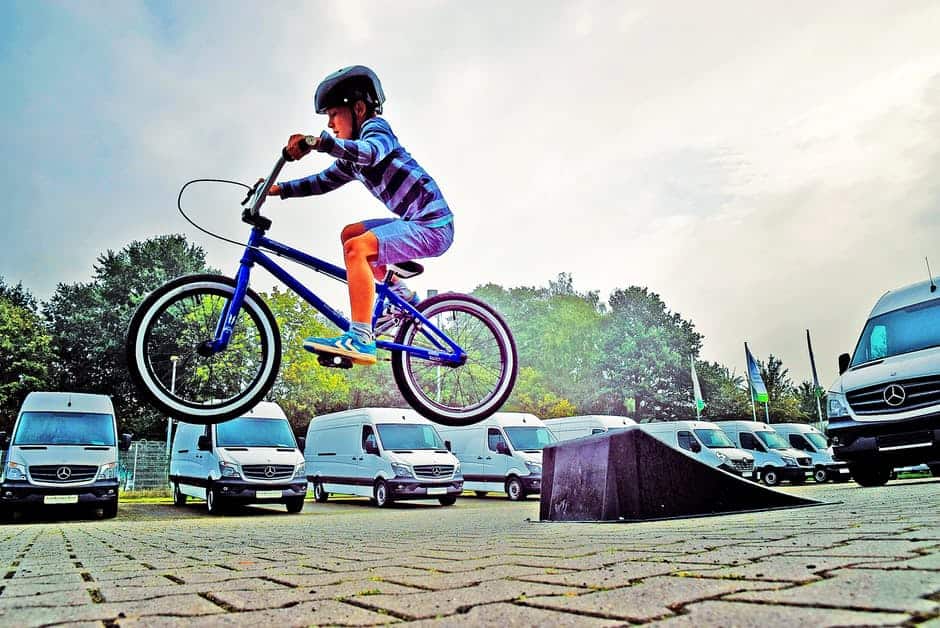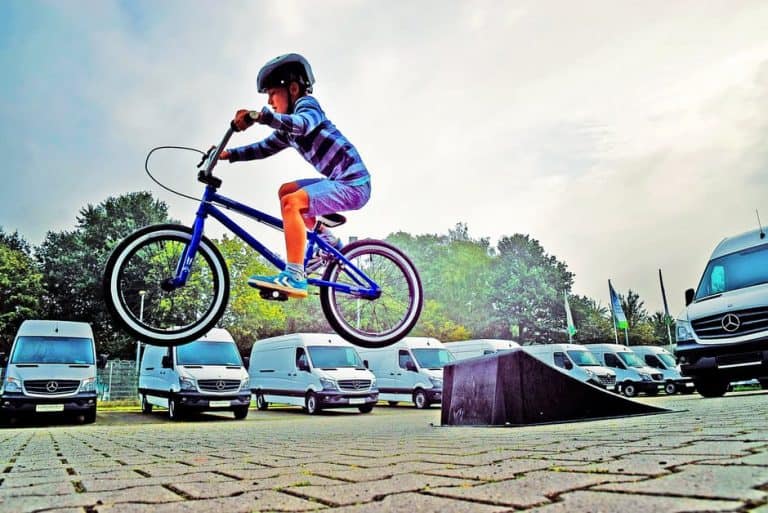
The pathways that we think we are going to take so often are not the ones that lead us to where we want to be…
With slightly sweaty hands, a racing heart and a head that was about as clear as current political thinking on education, I rose from my exam desk, kicked over my chair and swiftly exited the hall. For about half a mile my A level teacher followed me trying desperately to persuade me to go back in. He was too late! My mind was whirling, and I had worked myself into such a state that there was no way I was going back. I had cracked! Cracked under pressure that I had predominantly placed on myself.
The fact that the process of writing (particularly handwriting) was not something that had ever come easily to me, probably played a part in my belief that I was not going to be able to live up to my expectations. Interestingly, the exam I walked out on was the one that I was predicted to do the best in.
This experience ended up as being one of the most personally influential of my school life. Walking out of my A-level exam and then not knowing the consequences for university placements and final grades, forced me to take stock and gain life perspective, which is a difficult thing for all seventeen-year-olds to do, considering their frontal lobes are only just beginning to wake up from teenage hibernation. The pathways that we think we are going to take so often are not the ones that lead us to where we want to be and having this flexibility of thought and resilience of mind is more important now than ever. Being able to deal with the bumps in the road is as equally, if not more important than anything on a school curriculum.
In a time of rising childhood anxiety, it is so important that our teaching and indeed parenting reflect this! I am now in my 13th year of Special Education teaching. I am finishing my MA and publishing a book shortly. If you had told me that 2 hours after walking out of my exam, I certainly wouldn’t have believed you. I hated exams, still, do, and while I could probably go on about the pitfalls of educational systems that predominantly rely on test-based data to indicate progress and make judgments about pupils and schools, I am not going to do that here. What I am going to try and do, is raise some conversation points around the development of resilience and the necessity to foster these concepts in our children.
I have been lucky to teach in 4 and travel in 5 of the world’s continents. This has allowed me insight into differing educational systems and curriculums. Growing up and being a young child now, is very different to when my generation were children. The impact of technology and the media, both social and mainstream, ensures that information (real or “fake”) is so readily available and so easily accessible.
Currently, I work in the early years of an international school in Singapore, and I have recently found myself having conversations with 4 and five-year-olds about Donald Trump, where they are expressing genuine emotions around his recent electoral success. I have to add that the predominant emotions expressed were that of annoyance or anger and while these feelings are undoubtedly mirrored from the parental expression; it is an example of the power that the global media has when most of these same children can’t name any other president or prime minister in the world. Not even that of their country of birth or residence. I must also add that no attempt was made to validate or reject the children’s emotions around this issue, as I do not believe in this case it is the teachers place to do so (however tempting it may be).
The world is in a very changing state sociologically, economically, politically and environmentally…
Our children today are growing up with a broadcasting of uncertainty around the environment and sustainability of our planet, as well as a growing inequality between the ‘haves’ and the ‘have not’s.’ Now I am not saying that these issues shouldn’t receive press time. The question is how do we best prepare our young children for life in a world that is potentially going to be even more anxiety raising than we have ever known it to be.
Furthermore, how do we raise them to believe they can make a difference! For me as a specialist teacher in early years education, it comes down to the development of resilience and grit.
Resilience is a big word in education at the moment. The times of an idealistic childhood that is free of worry and stress are for the vast majority unfortunately over! In a week when I read about the heartbreaking possibility of a new diagnostic state called “Human devastation syndrome” being spoken about by doctors as being needed to describe the symptoms of Syrian children orphaned by the conflict, it is all to clear that a primary need of teaching and parenting must focus on the long-term psychological and emotional needs of our children. This is a severe example, but building resilience and grit is one way to help children be as prepared as possible for the world over the next 50 years. I don’t mean to sound all doom and gloom because there is so much good in the world, we just have to see it!
Recently I visited a charity called Magic Bus India in Delhi with my six-year-old daughter. Magic Bus works with some of the world¹s poorest children and young people, taking them from a childhood full of challenges to life with meaningful livelihoods.
They focus on changing attitudes to life through re-engaging the children in the meaningful activity. This is hard when you have an unemployed population of between 400 and 700 million people. What I saw on my visit were children who had been engaged and given the opportunity to develop strengths of attitude and mind as well as a belief that they could break the cycle they were in! I saw kids with nothing being resilient, showing grit and deciding to change their futures! It was so inspiring and only served to grow my belief in the importance of developing these traits in our children and the children we work with!
Where to Start When You Want to Build Resilience & Grit in Kids?
So how can we foster resilience as parents and teachers of young children? The following are things that have worked well for me over the years. It should be prefaced with the understanding that for all emotional competencies to develop appropriately a secure attachment experience must be experienced between the child and their primary caregiver.
- Build emotional literacy in children from an early age. Modeling and teaching children how to communicate feelings accurately can bring a great deal of emotional stability for a child. This helps build a solid emotional base from which children can grow their resilience. Being able to identify your feelings and communicate them accurately is a stepping stone for the development of many emotional bits of intelligence.
- Risk take. Risk taking is resilience in action! We should be encouraging it and modeling it. It goes hand in hand with learning from our mistakes.
- Let your kids make mistakes and fail! It’s important that we de-mystify failure. Learning from failure and learning to fail are key components in developing resilience. Young children need to be given the opportunities to learn from their mistakes and develop the mindset that it is through these mistakes that true learning and success can be reached! Try, try and try again! The success at the end of this process is worth so much more! Outdoor educational activities provide wonderful opportunities to focus on developing this specifically, as they also couple the building of physical resilience and physicality.
- Limit activities that provide instant gratification. This is hard in a world full of computer games and social media. We all grow to love the experience of someone “liking” our photo or comment, but this is a chemical response in our brains, and it is very easy to become hooked on it. Particularly if you are a teenager.
- For young children routinely is key. Through having routines children develop a security base from which they can grow out from, but return to if needed.
- Be hopeful and positive in your outlook and foster a strong sense of self-worth. Take the time to reflect on things that your child is good at as well as things that they have had to work hard for. Humour is a valuable tool in maintaining a hopeful and positive outlook. It can help to keep things in perspective.
- Take time to help others and encourage your children to help others too. This is helpful to ensure your child develops a sense of perspective and can be easily achieved in the classroom and at home.
There are many other strategies that help to foster resilience in children. These are just a few of the things that have worked well for me over the years. I believe that it is essential that our young children grow up as emotionally resilient as we can help them to be. It is and must continue to be a core part of both our teaching and our parenting.
Photo source


